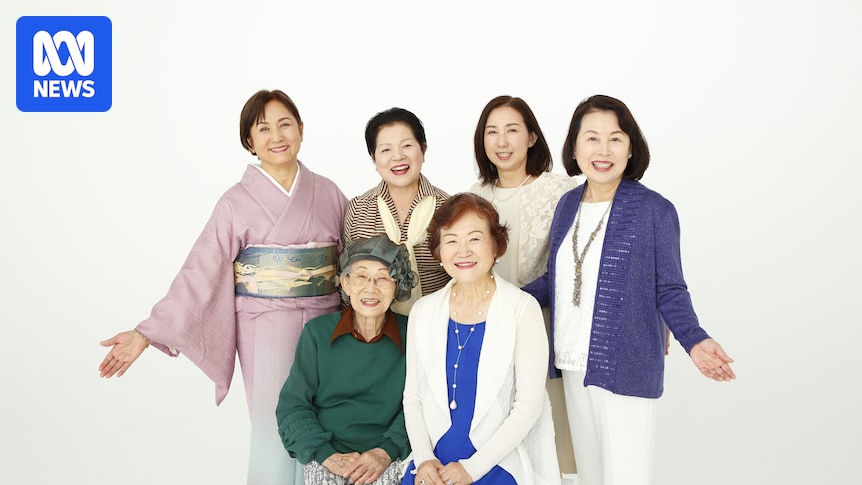
In Japan, a unique service is addressing both the country’s loneliness epidemic and the employment challenges faced by older women. For as little as $60 per visit, individuals can hire a “grandmother” to provide maternal care, companionship, and practical assistance. This innovative approach is exemplified by 69-year-old Taeko Kaji, who finds fulfillment in her role as a grandmother-for-hire.
“I never get bored,” Kaji shared with ABC. “I get to go out and have these experiences, and that’s why taking this job was the right decision for me.” Her story reflects a broader societal trend in Japan, where loneliness and the undervaluation of older women’s skills are pressing issues.
The Rise of Grandmother-for-Hire Services
Japan’s “loneliness epidemic” has prompted the emergence of services like the one offered by Client Partners, a company that employs women to provide maternal care to those in need. These services not only offer companionship but also create employment opportunities for older women who often struggle to find work in a society that traditionally undervalues their contributions.
Client Partners, a women-only handyman company, launched the OK!Obaachan (OK!Grandmother) service in 2011. The company’s CEO, Ruri Kanazawa, explained the rationale behind the service: “There were so many male handymen, and we knew that the market was saturated. Just adding the word ‘female’ really opened up the market.”
Of the company’s approximately 300-400 staff, about 80 are over the age of 60.
Beyond Grandmothers: A Range of Services
Client Partners offers a variety of services beyond grandmother-for-hire, including interpreters, tourist guides, and even renting a friend or an aunt. The clientele is diverse, ranging from young adults in their 20s to seniors in their 70s. One client, similar in age to Kaji, hired her to pack expensive tableware, highlighting the practical and emotional support these services provide.
Kanazawa emphasized the emotional support aspect, noting that many clients seek their services because they find it difficult to ask for help from family or friends. “Some people may be abused, and some people may never have had a mother in the first place,” she said. “Our grandmother staff members, who cook for the guests and act like a mother to them, help provide the motherly warmth they need.”
Economic and Social Implications
Professor Kaori Okano of La Trobe University, an expert in Asian Studies and Japanese gender relations, sees the value in such services. “These organizations value ‘housewife’ skills,” she noted. “It gives a sense of self-fulfillment to these women who were previously unemployed that they can be useful and valued by other people.”
In Japan, retirees rely on employee pension schemes and the national basic pension scheme. However, women who did not have regular employment or were not married may receive less pension. This economic reality underscores the importance of employment opportunities like those provided by Client Partners.
“Older women often have long periods of unemployment or part-time work, limiting their accumulation of work skills,” said Professor Eriko Teramura of Meikai University. “It’s unlikely that many older women can survive on their own pensions alone.”
Japan’s Ageing Population and Future Prospects
Japan is grappling with an ageing population, with approximately 30% of its citizens over the age of 65. This demographic shift presents challenges to the country’s economic growth and labor market. According to Professor Teramura, companies like Client Partners demonstrate the need for “social innovation that combines caregiving, community, and employment.”
OECD economists have warned that Japan’s declining working-age population could impact economic growth. To counter this, they recommend addressing gender employment gaps and increasing immigration. The Japanese government is taking steps to address these issues, including a recent amendment to the Promotion of Women’s Active Engagement in Professional Life Act, which mandates transparency in gender pay gaps and the share of women in managerial positions by April 2026.
Kanazawa remains optimistic about the future, inspired by her work with older colleagues. As Japan continues to navigate its demographic challenges, services like grandmother-for-hire may play a crucial role in providing both emotional support and economic opportunities.





